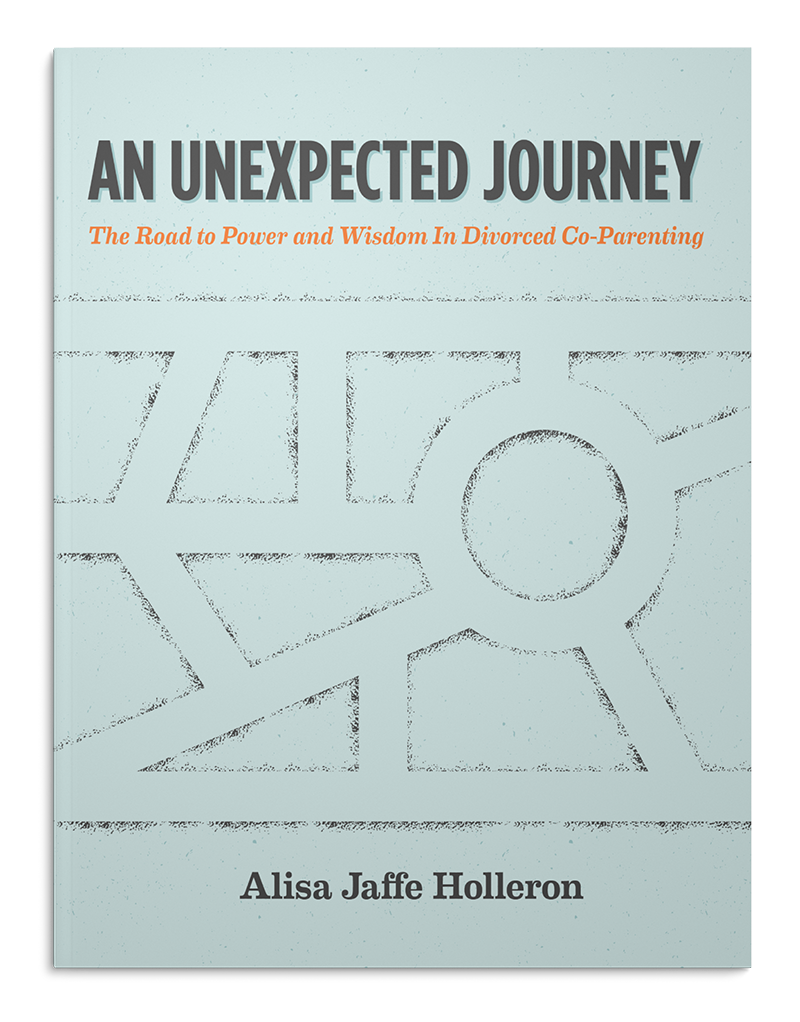We visited Arches National Park in Moab, Utah on our recent Real Hope Tour. It is filled with magnificent naturally formed arches. My husband and I set out on a hike to see one of the larger arches. The park brochure said that it was .8 miles, and rated the hike as “easy” and “relatively level.” We had hiking sticks in the car, but decided we didn’t need them.
OK. I suppose the hike was easy if you have hiked the Pacific Crest Trail, and relatively level if you are comparing it to Mt. Everest. There was a lot of up, and it was hot and sunny.
The hike really wasn’t THAT hard, but it was harder than we expected and therefore felt challenging. If the brochure had billed it as “moderate” and “long stretches of elevation gain” we probably would have thought it was easy. Expectations are powerful. What we expect profoundly influences the experience we have.
The way our expectations affected our hike got me thinking about co-parenting and what co-parents expect from their co-parents. It is not unusual for co-parents to hope, and then expect that their co-parent is going to behave well, even though historically their co-parent has behaved badly.
When we hope for something, it is easy to fall into the expectation that it will happen. Hoping your co-parent will behave well, when they generally don’t, is like hoping that the hiking path will be easy even though it has always been hard. In some ways, people and hiking paths are almost equally unchanging. I know that sounds harsh, and maybe even like I’m exaggerating, but we now from brain research that change is HARD, and ONLY happens when someone really want to change. That is very different from YOU wanting them to change.
It is important to expect your co-parent to behave the way they always have. Some co-parents argue with me and say: “That’s not nice. Isn’t it better to expect them to be better? Shouldn’t I give them the benefit of the doubt?” This is where it is important to differentiate between hope and realistic expectation. Hope is like prayer. Realistic expectation is an assessment based on history. You can hope that the hiking trail will be level, even though it never has been, but if you’re going to enjoy the hike, you better expect that the elevation gain is exactly the same as it was yesterday.
Taking this kind of stance can sound pessimistic and negative, but in fact it is positive, and incredibly liberating. If you expect the hiking path to be exactly the way it is, you’re going to be prepared. You’re going to wear your good hiking boots, bring lots of water and allow plenty of time. The path will be challenging, but you will enjoy it because you will be prepared for the challenges. If you are hoping the hiking will be level, you will wear your flip flops and get frustrated that you are slipping and don’t have traction on rocks.
When you expect your co-parent to be different than they always have been, you are giving them a lot of power. You are allowing them to have control over your life and how you feel. If you are prepared emotionally and psychologically for their behavior, and don’t trick yourself into thinking they will suddenly behave differently than they always have, you will not get as triggered. You can develop the tools to work with the reality of what is.




